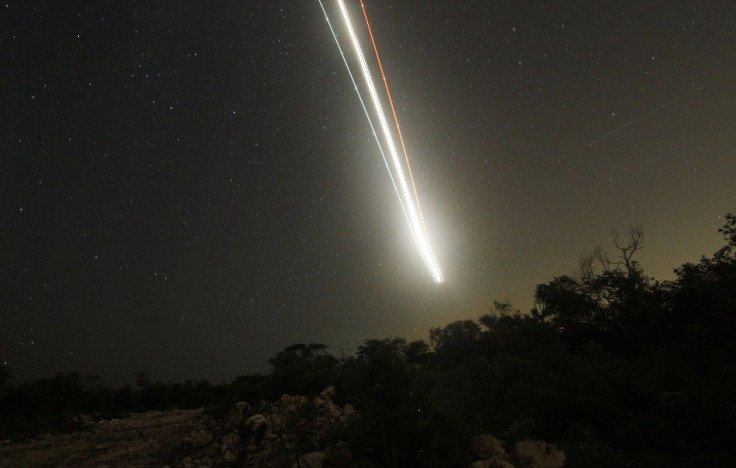Building Blocks of DNA Found in Meteorites, Created Life on Earth?

Researchers announced that components of DNA exist in extraterrestrial meteorites that reach Earth, NASA said. The study suggests that the earliest forms of life may have been created from materials delivered to Earth from space, ABC News reported.
"People have been finding nucleobases in meteorites for about 50 years now, and have been trying to figure out if they are of biological origin or not," study co-author Jim Cleaves and chemist at the Carnegie Institution of Washington told SPACE.com.
The findings will be published online in the Proceedings of the National Academy of Sciences.
Scientists examined samples of 12 carbon-rich meteorites and found adenine and guanine, components of DNA nucleobases.
In two meteorites, the team found small amounts of three molecules related to nucleobases rarely used in biology. The "nucleobase analogs" are proof that the compounds came from space and not contamination from Earth.
In order to further rule out the possibility of contamination from space, the team analyzed an eight-kilogram sample of ice from Antarctica, where most of the meteorites in the study were found. The amounts of nucleobases were much lower in the ice than in the meteorites and none of the nucleobase analogs were found in the ice. When the test was repeated with a soil sample, results were consistent.
"You would not expect to see these nucleobase analogs if contamination from terrestrial life was the source, because they're not used in biology," NASA astrobiologist Michael Callahan said. "However, if asteroids are behaving like chemical 'factories' cranking out prebiotic material, you would expect them to produce many variants of nucleobases, not just the biological ones, because of the wide variety of ingredients and conditions in each asteroid," he added.
© Copyright IBTimes 2024. All rights reserved.





















